Long ago in the community of Etta in northeastern Oklahoma, the Latty family liked to go camping, but not in springtime. Springtime was a time of busyness on the farm. Crops were growing and needed to be cared for, baby animals were being born. My mother and her family went camping on the Illinois River in late summer after the corn and cotton had been laid by. Most of the hoeing and plowing were finished by then and it wasn’t quite time for harvest. The following is taken from The Heritage of Etta Bend. This is a remembrance by Susie Latty Day:
“We children could hardly wait for camping time. Finally, the day arrived. Late in the afternoon, we loaded bedding, food and fishing equipment into the wagon. Then Mama climbed in beside Papa. We children jumped in, Papa clucked to his team and the wagon rattled off.
“No road ran from our house to the river so after the wagon left our field, we children had to sit down flat in the wagon bed. Papa drove through thickets of spice wood and sassafras. The fragrance of these broken bushes filled the air. We ducked our heads as limbs thrashed the side of the wagon and whipped above us.
“At last the horses stopped on a gravel bar by the river. Other wagons clattered over the rocks until six or seven families gathered on the river bank. Everyone unloaded blankets, food, skillets and cook pots in the shade of cottonwoods.
“The men seined minnows in the shallow water. They used them to bait a trot line. The trot line was a long, heavy cord with short lengths attached to it. One of the men brought a boat. They paddled out to a promising place in the river and attached the long line to tree limbs or root anchors. They baited the hooks and lowered the whole thing into the water.
“The women busied themselves on the gravel bar. They fried potatoes and boiled coffee over an open blaze. We children gathered twigs to build smudges. The smoke from these small smoldering fires drove away mosquitoes.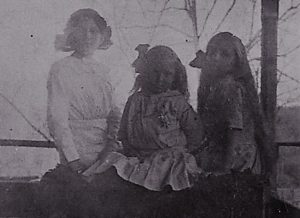
“After supper, the men took their boat out and checked the trot line. Usually, they had a good catch of fish. Then they re-baited hooks and paddled back to shore where they dressed the fish. The women filled cast iron skillets with deep fat and set them on coals. They rolled fish in meal and fried them to a mouth-watering golden crispness. Although we had eaten supper earlier, everyone had plenty of room for fish.
“The men fished most of the night but we children and the women went to sleep. Alice, Georgia and I (baby Henry was too small) helped Mama spread out blankets. Soon we were snoozing, as were most of the neighboring children. The sound of the river, scent of wood smoke and glow of embers from the fire made the ground seem as comfortable as our beds at home. Sunrise and the sizzle of frying fish woke us the next morning. The weekend passed in playing, visiting, and eating fish.”
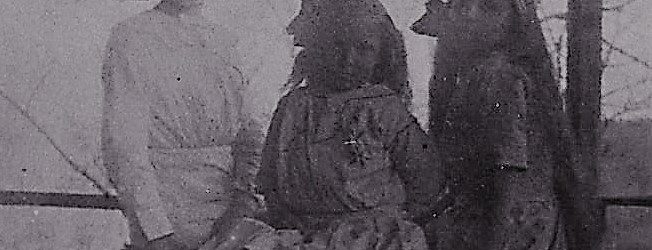
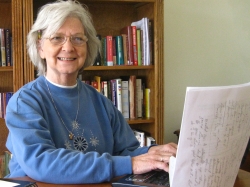
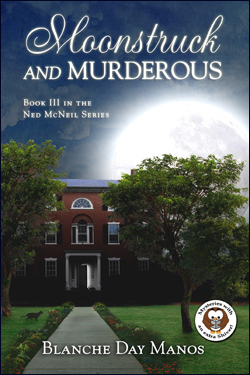
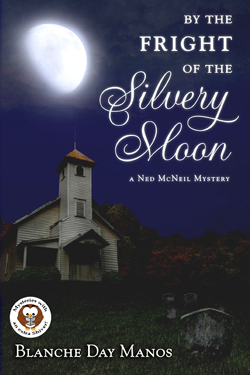
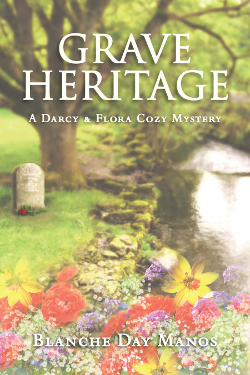




Speak Your Mind